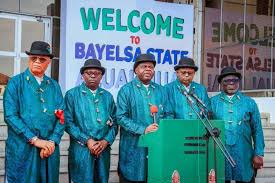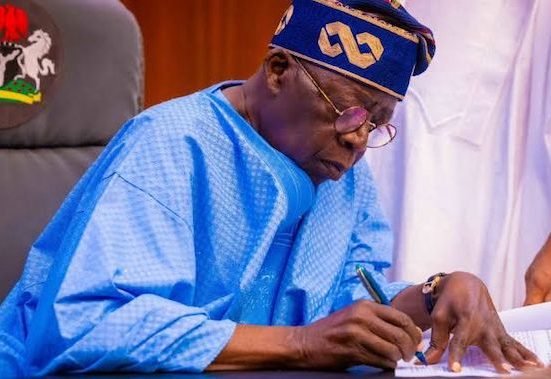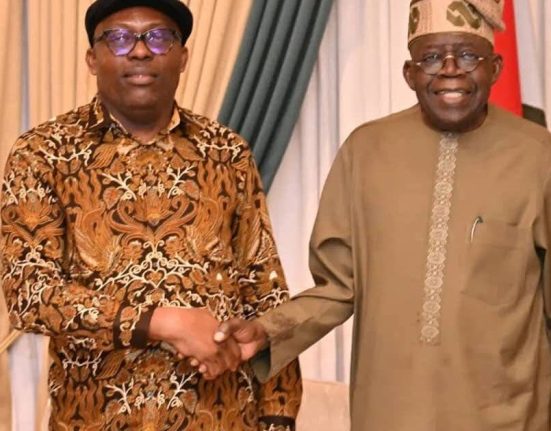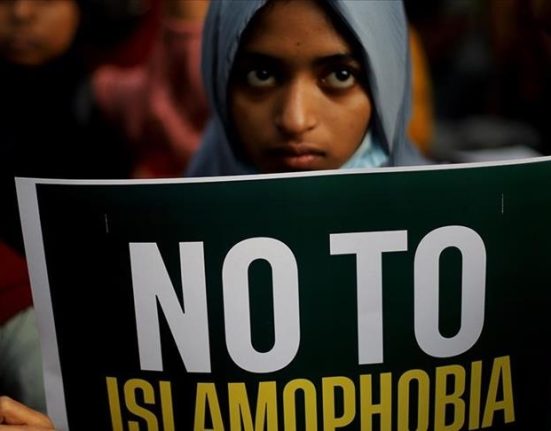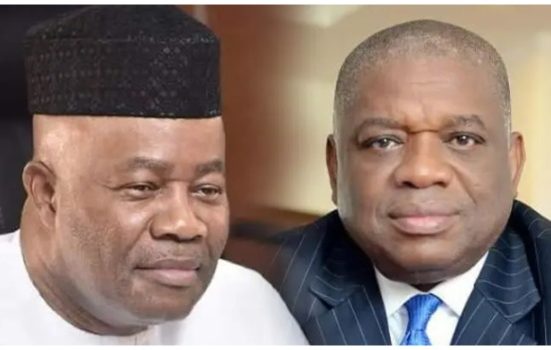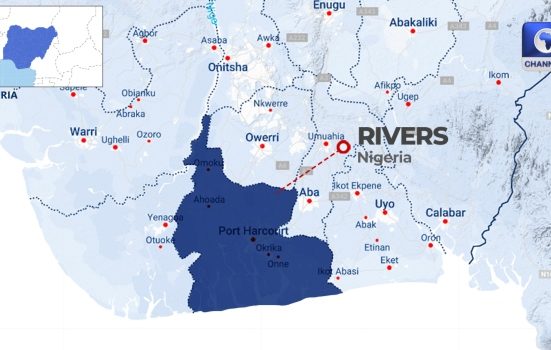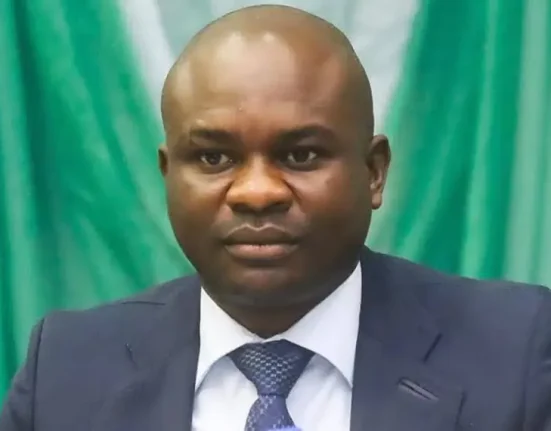Political leaders from the South-South region, particularly governors, are working behind the scenes to reconcile the warring factions in Rivers State, sources from the Presidency have confirmed. The emergency rule imposed by President Bola Tinubu is seen as a temporary measure aimed at creating space for dialogue and resolution.
Emergency Rule in Rivers State
On March 18, President Tinubu declared a state of emergency in Rivers State, citing a breakdown in governance caused by the political crisis between Governor Siminalayi Fubara and members of the state’s House of Assembly. The crisis, compounded by attacks on oil facilities, led to:
Suspension of Governor Fubara
Suspension of Deputy Governor Ngozi Odu
Suspension of Rivers State lawmakers
Appointment of a Sole Administrator, retired Chief of Naval Staff Ibok-Ette Ibas
The President invoked Section 305 of the 1999 Constitution (as amended) to justify his decision. However, critics argue that the move is unnecessary and could set a dangerous precedent leading to authoritarian rule.
The Push for Reconciliation
According to Presidency sources, the emergency rule is not meant to be a permanent solution but rather a cooling-off period for both sides to resolve their differences. Key figures working towards reconciliation include:
Governors from the South-South region
Members of the National Assembly
The newly appointed Sole Administrator
A mediation panel may also be established, as recommended by the National Assembly, to oversee the peace process.
“The idea of the emergency rule is to give both parties time to de-escalate tensions and negotiate,” a source said.
“Even the sole administrator’s role includes reconciling the parties and stabilizing the situation in Rivers.”
National Assembly’s Role
The House of Representatives is preparing to announce a committee to oversee the affairs of the Rivers State House of Assembly.
Deputy Spokesman of the House, Philip Agbese, confirmed this development, stating:
“The Speaker and House leadership are actively working to restore peace in Rivers. A public announcement on the committee’s formation will be made soon.”
The National Assembly had previously ratified the emergency rule, despite concerns about its legality. Lawmakers pointed out that Section 305 of the Constitution cannot be interpreted in isolation from Section 11, which allows the National Assembly to take over legislative functions in a state where the Assembly cannot function.
Wike’s Response
The Federal Capital Territory Minister, Nyesom Wike, has denied any involvement in the Rivers crisis and insists he supports any peaceful resolution. His aide, Lere Olayinka, dismissed accusations against him, stating:
“Was it Wike that set the House of Assembly on fire? Was it Wike that demolished the House? The Supreme Court has even acknowledged that the governor demolished the Assembly to avoid impeachment.”
While some have called for Wike’s suspension from the Federal Executive Council, he maintains that he is open to discussions that will restore peace in Rivers State.
Governor Fubara Resurfaces
Suspended Governor Siminalayi Fubara made his first public appearance since the state of emergency was declared.
After being absent from the Government House, speculation arose that he had fled to Bayelsa State. However, he was seen on Sunday attending a service at Salvation Ministries in Port Harcourt, alongside his Chief of Staff, Edison Ehie, and other officials.
Dressed in all-white attire, he exchanged pleasantries with congregants before taking his seat in the front row.
The Path Forward
The Rivers crisis remains a major test for President Tinubu’s leadership. While reconciliation efforts are ongoing, political tensions remain high. Whether the mediation efforts will lead to a lasting resolution remains to be seen.

